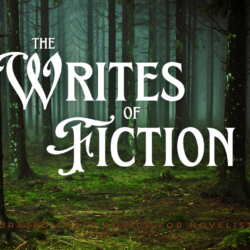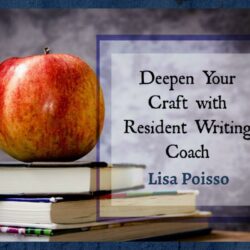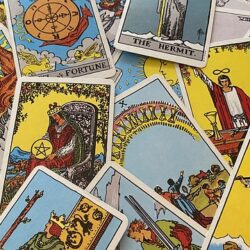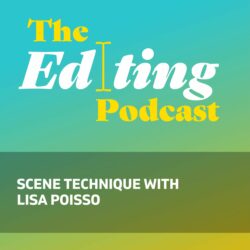Why thinking outside the box is hurting your creativity
I’d be a pretty rotten curator of writing craft advice if I didn’t leap at the opportunity to share some writing craft wisdom that kicked my own butt. Amy Stewart’s […]
Why thinking outside the box is hurting your creativity Read More »









